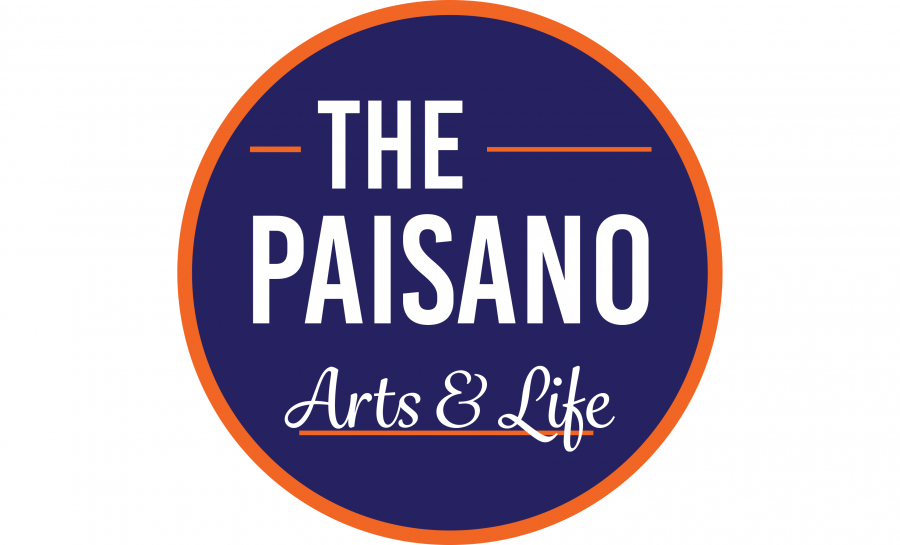Solange Knowles’ third LP “A Seat at the Table” arrived four years after her last album, and it was worth the wait.
The album followed in the in the footsteps of artists such as Beyoncé Knowles and Frank Ocean who have recently released concept albums. Knowles is the master of melodies, as she uses quirky, unconventional sounds to construct a first person narrative in her unique manner.
“A Seat at the Table” arrives at the heels of racially-charged tension and police brutality against African Americans in the United States. Her message, while controversial, is eloquently put so as not to distract from the purpose of the message. Her stance is non-militant, yet just as powerful as any such protest.
The LP is reminiscent of a nice, long drive. It begins smooth and somber and picks up towards the middle as the road gets bumpy. She continues, trudging towards the end, and her destination is in sight. At the close, a story has been painted, and the album ends on a bright note. Knowles is credited as a producer and writer on every track, and her hard work is shown in the documentary that accompanies the album. Her use of a mixture of classic piano and drums with modern technical sounds creates an 80’s funk, indie R&B vibe.
Rise: “A Seat at the Table” opens with the sweet serenade of a call to “wake up and rise,” accompanied by light drum work that shapes to her voice. It’s an angelic invitation, and it foreshadows the journey Knowles is about to take you on. In a press release, she described the album as “a project on identity, empowerment, independence, grief and healing,” and the album is all that and more.
Weary: Track 2 spins a tale of the weariness Knowles is faced with as injustice seems to continue to occur at an alarming rate. In one of the most beautiful lines of the song she states “a king is only a man with flesh and bones that bleed just like you do,” encouraging any man that he too can be a king if he just believes. The beat is simple, and provokes a tiny sway of the hips. Rapper and mogul Master P can be heard in interludes throughout the album which act as clasps that connect one song to another. Master P gives a testimony of his journey from the projects to his success on the billboard charts. He is inspirational and beautifully honest, as his heart and passion for music bleeds through.
Cranes in the Sky: This track begins with bombastic drums intertwined with violin that shoots chills through your spine. It is one of the most captivating track of the album. On an Instagram post she revealed that it was a song she began writing eight years ago. Heart-breaking lyrics lay out her journey of feeling unworthy, rejected and ugly by societal standards of beauty. She is purposefully vague with her words to leave room for personal interpretation.
“I tried to drink it away. I tried to put one in the air. I tried to dance it away. I tried to change it with my hair” she sings. The accompanying visual to the song captures a journey she and her husband embarked on that included nine different cities and over fourteen wardrobe changes, one of her ensembles being a dress made of huge foliage leaves. Closely following is the interlude of her father speaking of his experience as one of the first black students at his school as a result of integration. He tells of the massive crowd of KKK members and parents who held signs and spat at him.
Don’t Touch My Hair: Assisted by the soulful Sampha, this track serves as a celebration of Black culture. Knowles equates her hair to her feelings, her soul to the rhythm she holds, her crown to the vision in her. In the visual for the track, she reveals the tracks purpose ̶ to show black men and women as majestic beings, contrary to the ways the media has portrayed them in past years.
Junie: This smooth-as-butter track belongs on Soul Train. It’s so effortlessly psychedelic and funky that you can’t help but at least tap your foot. I found myself breaking it all the way down to this track.
The album ends on a high note with Master P proclaiming, “we came here as slaves, but we are going out as royalty.” Knowles takes her seat at the table as a human rights activist, using her voice for something bigger. This album is intended to acknowledge the problem that exists in America, and incite a change.
So, have “A Seat at the Table” and take a listen; you won’t be disappointed.







